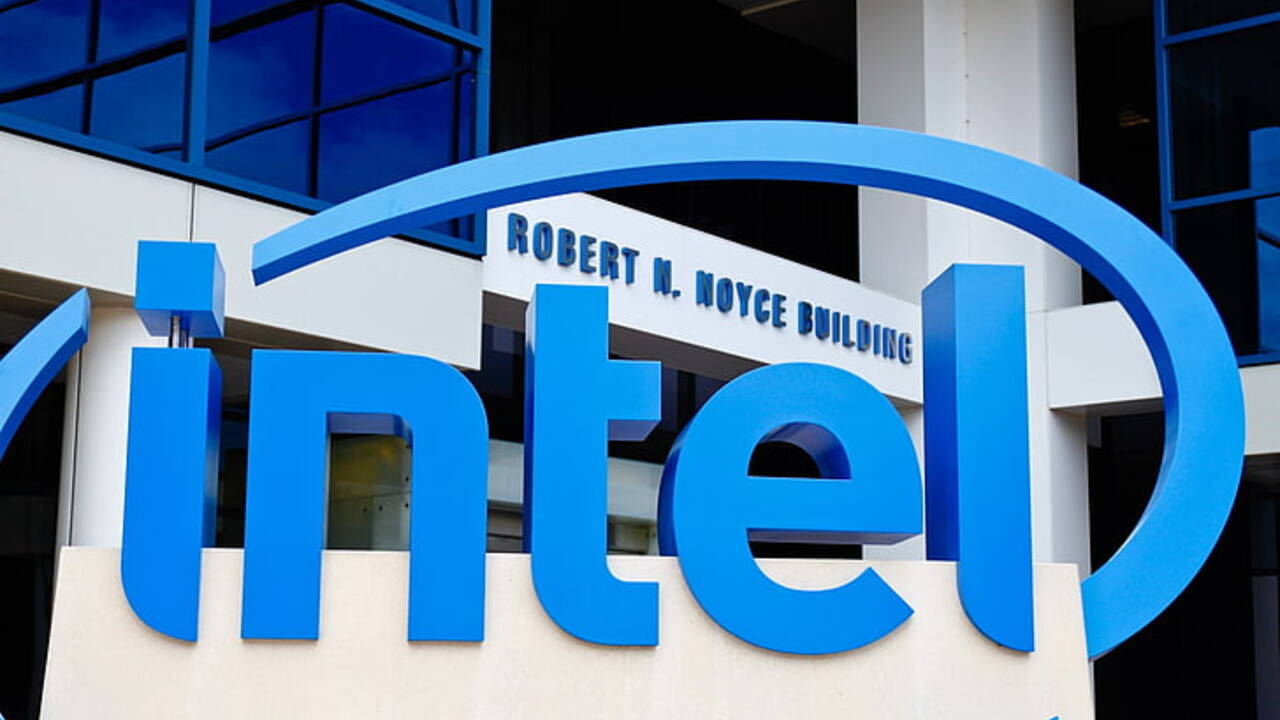Gelsinger noted that since electricity and labor costs in the country are one of the highest in Europe, there is a huge gap between the interests of Germany and the manufacturer in this regard. At the same time, he expressed his firm determination to reach the necessary agreement.
The German government has recently been concerned about the heavy reliance on Chinese and Korean semiconductors, which is the basis of its desire to allow a major global manufacturer like Intel to enter the German market. The seller has requested subsidies of about 10 billion euros from the German authorities, but there is no specific agreement on this yet. At the same time, the signing of the agreement is planned in the near future.
“We don’t want papers, we want competitiveness. Labor costs have increased significantly, material costs have increased significantly, so all of a sudden the cost difference is bigger than we originally thought,” Gelsinger said about the negotiation process.
Source: Ferra
I am a professional journalist and content creator with extensive experience writing for news websites. I currently work as an author at Gadget Onus, where I specialize in covering hot news topics. My written pieces have been published on some of the biggest media outlets around the world, including The Guardian and BBC News.











